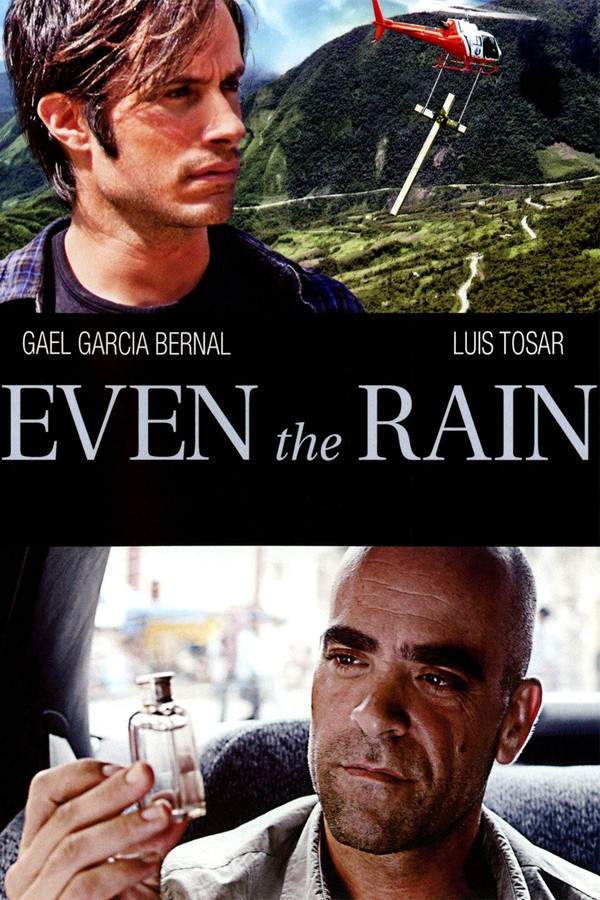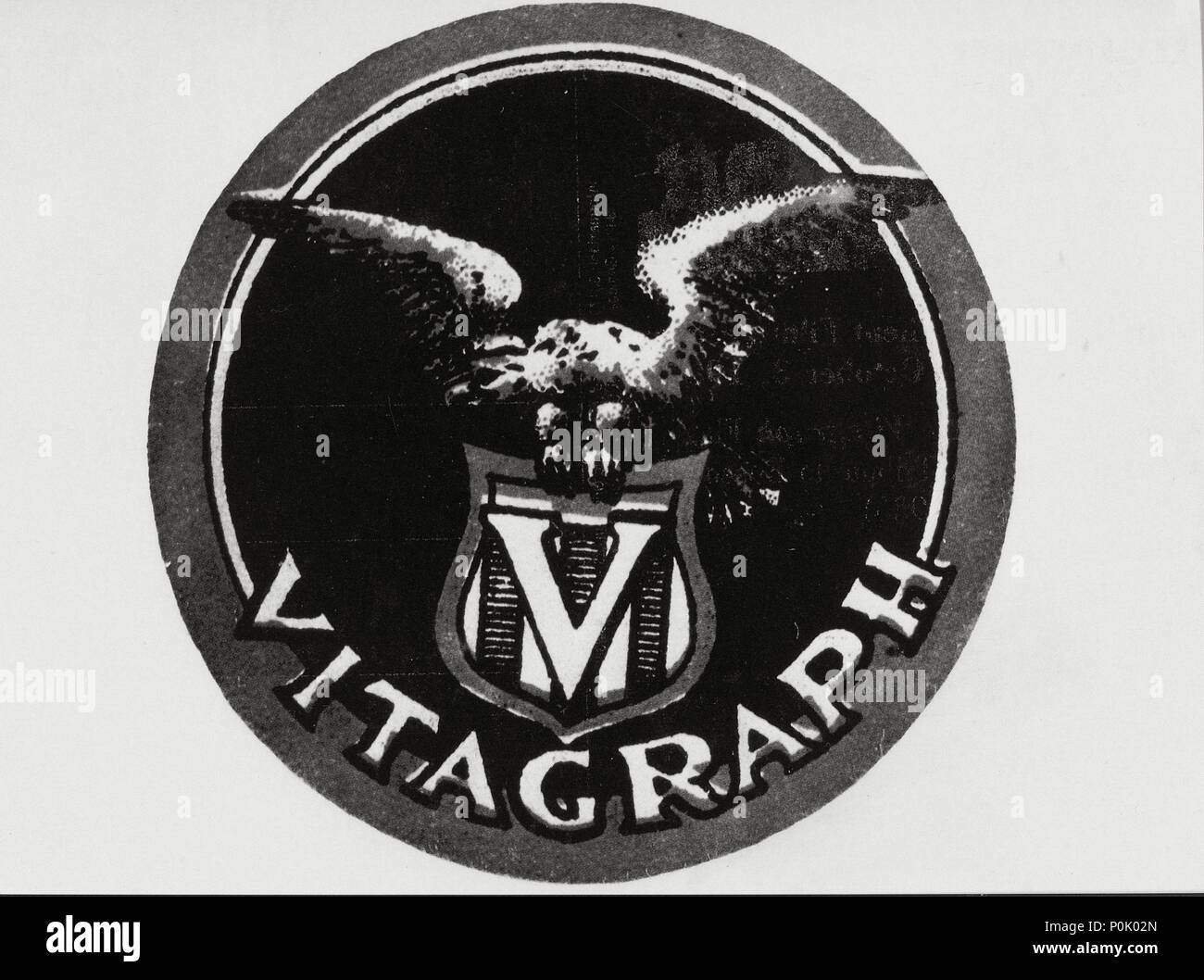Even the Rain (Tambien la Lluvia) 2011

During the filming of a historical drama about Christopher Columbus in Bolivia, a director and his crew find themselves caught up in social unrest and protests against the privatization of water. As they attempt to recreate a pivotal moment in history, they are forced to confront the parallels between the Spanish conquest of the Americas five centuries ago and the struggles of the Bolivian people today. The experience profoundly impacts their perspectives and challenges their understanding of colonialism and its enduring legacy.
Does Even the Rain (Tambien la Lluvia) have end credit scenes?
No!
Even the Rain (Tambien la Lluvia) does not have end credit scenes. You can leave when the credits roll.
Meet the Full Cast and Actors of Even the Rain (Tambien la Lluvia)
Explore the complete cast of Even the Rain (Tambien la Lluvia), including both lead and supporting actors. Learn who plays each character, discover their past roles and achievements, and find out what makes this ensemble cast stand out in the world of film and television.
No actors found
External Links and Streaming Options
Discover where to watch Even the Rain (Tambien la Lluvia) online, including streaming platforms, rental options, and official sources. Compare reviews, ratings, and in-depth movie information across sites like TMDb, Wikipedia, Rotten Tomatoes or Metacritic.
Ratings and Reviews for Even the Rain (Tambien la Lluvia)
See how Even the Rain (Tambien la Lluvia) is rated across major platforms like IMDb, Metacritic, and TMDb. Compare audience scores and critic reviews to understand where Even the Rain (Tambien la Lluvia) stands among top-rated movies in its genre.

Metascore
tbd
User Score


87%
TOMATOMETER

85%
User Score

69
%
User Score

3.6
From 76 fan ratings

4.20/5
From 5 fan ratings
Take the Ultimate Even the Rain (Tambien la Lluvia) Movie Quiz
Challenge your knowledge of Even the Rain (Tambien la Lluvia) with this fun and interactive movie quiz. Test yourself on key plot points, iconic characters, hidden details, and memorable moments to see how well you really know the film.
Even the Rain Quiz: Test your knowledge on the film 'Even the Rain' and its poignant themes on filmmaking and social justice.
What is the primary historical event depicted in 'Even the Rain'?
Christopher Columbus's voyage
The American Revolution
The French Revolution
The Spanish Civil War
Show hint
Full Plot Summary and Ending Explained for Even the Rain (Tambien la Lluvia)
Read the complete plot summary of Even the Rain (Tambien la Lluvia), including all major events, twists, and the full ending explained in detail. Explore key characters, themes, hidden meanings, and everything you need to understand the story from beginning to end.
Mexican filmmaker Sebastián and his Spanish executive producer Costa arrive in the heart of Cochabamba, Bolivia, joined by their dedicated cast and crew, to create a historical film about Christopher Columbus’s daring journey to the New World. The film will explore the imposition of Spanish authority over the indigenous people of Hispaniola, culminating in the courageous rebellion led by Hatuey. With a keen awareness of his budget constraints, Costa opts to shoot in Bolivia, the poorest country in South America, leading to an overwhelming turnout of hundreds of eager Bolivian locals responding to open casting calls.
Sebastián chooses Daniel, a spirited local, to portray the rebellious Taíno chief, Hatuey. Alongside him, Daniel’s daughter Belén also secures a significant role, marking the beginning of their journey in the film. During casting, tensions arise when directors begin to turn people away. In a passionate outburst, Daniel demands that every aspiring actor deserves a fair chance to audition, echoing the promise made in the casting pamphlet. Despite Costa’s reservations about hiring him, Sebastián is captivated by Daniel’s fervor, unaware of his involvement in a local protest against the controversial water privatization plan.
As filming progresses, the atmosphere turns tense when Anton, the actor portraying Columbus, grapples with alcoholism. Costa’s unease grows as he discovers Daniel’s revolutionary activities. During shooting, Costa makes derogatory remarks about the locals in English, oblivious to the fact that Daniel can understand him. This revelation causes Daniel to become increasingly aware of the exploitation his people are facing, leading to a transformation in Costa’s perspective as he begins to feel guilt for his prior indifference.
As the shoot nears completion, the indigenous people’s frustration boils over, prompting them to rise up for their right to water. Daniel, defying pleas to tone down his activism for a higher pay, champions the protests, drawing Costa’s ire when he witnesses Daniel being brutally beaten by the police amidst the riots. In a desperate attempt to quiet Daniel, Costa offers him a substantial bribe, which Daniel accepts, but he chooses to assist the demonstrators instead, ultimately leading to his imprisonment.
Sebastián wrestles with his conscience, pondering whether the film can be finished, yet finds solace in Costa’s determination to secure Daniel’s temporary release by bribing the police to film a critical scene depicting the execution of Hatuey. After completing this harrowing scene, the police arrive to detain Daniel once more, but in a surprising turn, the extras come to his aid, orchestrating his escape.
That evening, actors Juan and Alberto watch the distressing news unfolding in Cochabamba, their concern prompting them to demand to leave the project. In a plea, Sebastián implores them to stay, and they reluctantly agree. The following day, as preparations for the next filming day ensue, Costa is approached by Daniel’s wife, Teresa. Desperate for help, she seeks Costa’s assistance in locating Belén, who has gone missing amidst the protests and is critically injured. Initially hesitant, Costa is eventually swayed by Teresa’s relentless appeals, even as Sebastián passionately protests against it.
Navigating the devastated streets of Cochabamba, Costa is confronted with the stark reality of their situation. After an arduous journey, they manage to find Belén. While her life is saved, her leg sustains severe injuries that may hinder her future mobility. Meanwhile, a military blockade halts the rest of the crew, leading all but Anton to abandon Sebastián to return home. Shortly after, the revolution leads to the ejection of the multinational water company, yet the city lies in ruins from the conflict. Expressing a glimmer of hope for the film’s completion, Costa receives a heartfelt gift from Daniel in the form of a vial of Bolivian water, signifying gratitude for saving his daughter.
Uncover the Details: Timeline, Characters, Themes, and Beyond!

Coming soon on iOS and Android
The Plot Explained Mobile App
From blockbusters to hidden gems — dive into movie stories anytime, anywhere. Save your favorites, discover plots faster, and never miss a twist again.
Sign up to be the first to know when we launch. Your email stays private — always.
Watch Trailers, Clips & Behind-the-Scenes for Even the Rain (Tambien la Lluvia)
Watch official trailers, exclusive clips, cast interviews, and behind-the-scenes footage from Even the Rain (Tambien la Lluvia). Dive deeper into the making of the film, its standout moments, and key production insights.
Even the Rain (Tambien la Lluvia) Other Names and Titles
Explore the various alternative titles, translations, and other names used for Even the Rain (Tambien la Lluvia) across different regions and languages. Understand how the film is marketed and recognized worldwide.
Quick Links: Summary, Cast, Ratings, More

What's After the Movie?
Not sure whether to stay after the credits? Find out!
Explore Our Movie Platform
New Movie Releases (2025)
Famous Movie Actors
Top Film Production Studios
Movie Plot Summaries & Endings
Major Movie Awards & Winners
Best Concert Films & Music Documentaries
Movie Collections and Curated Lists
© 2025 What's After the Movie. All rights reserved.















